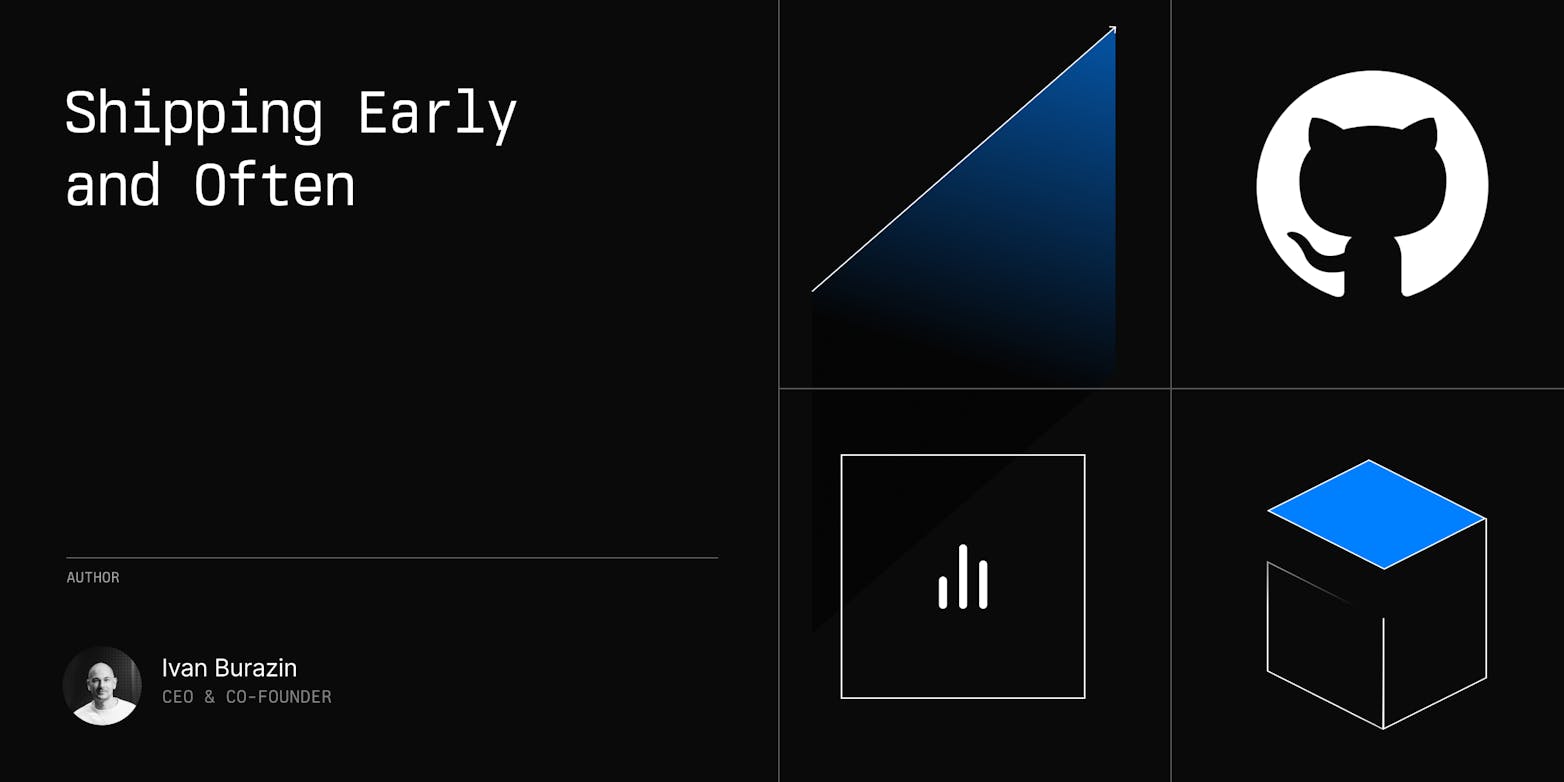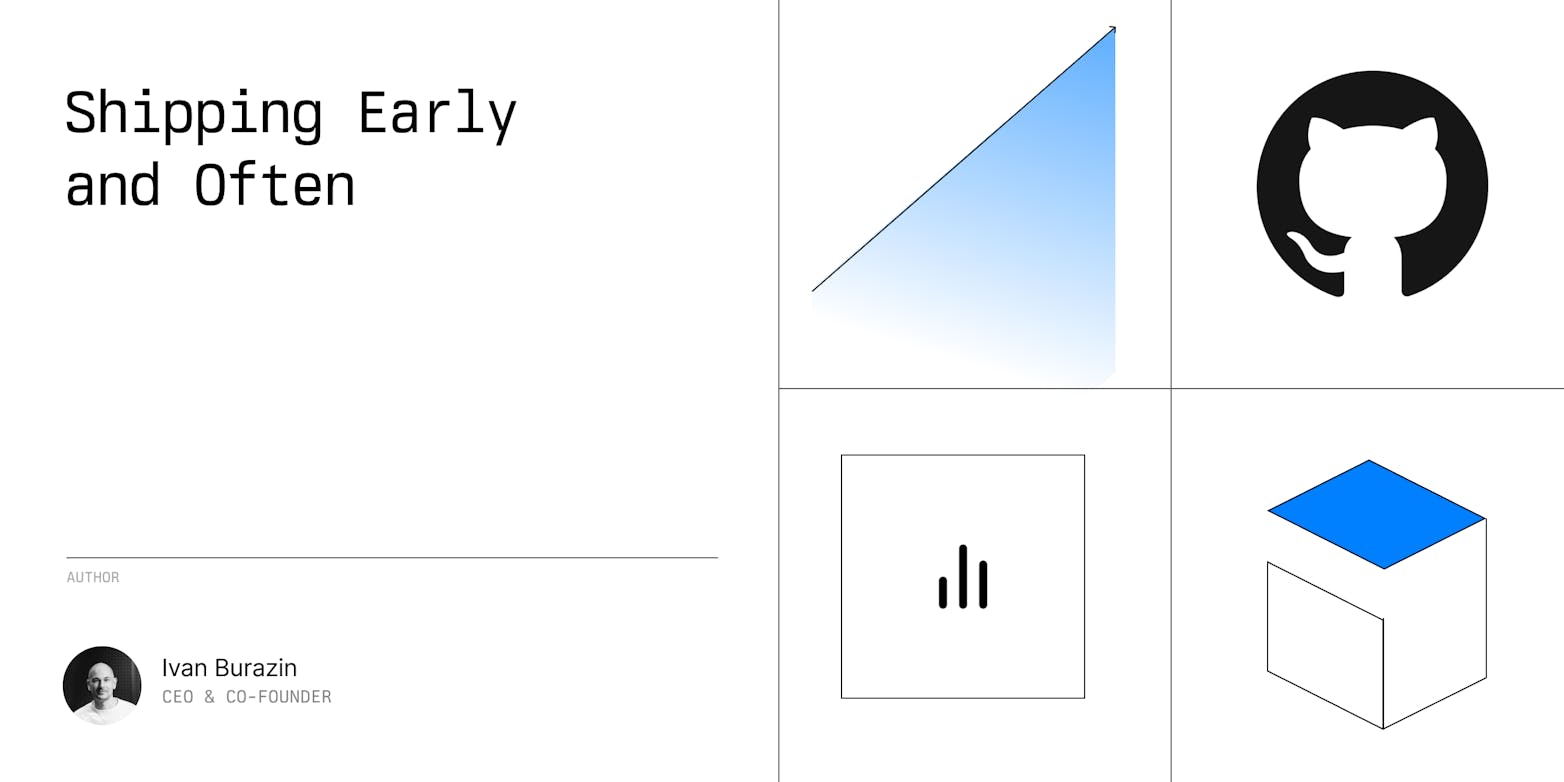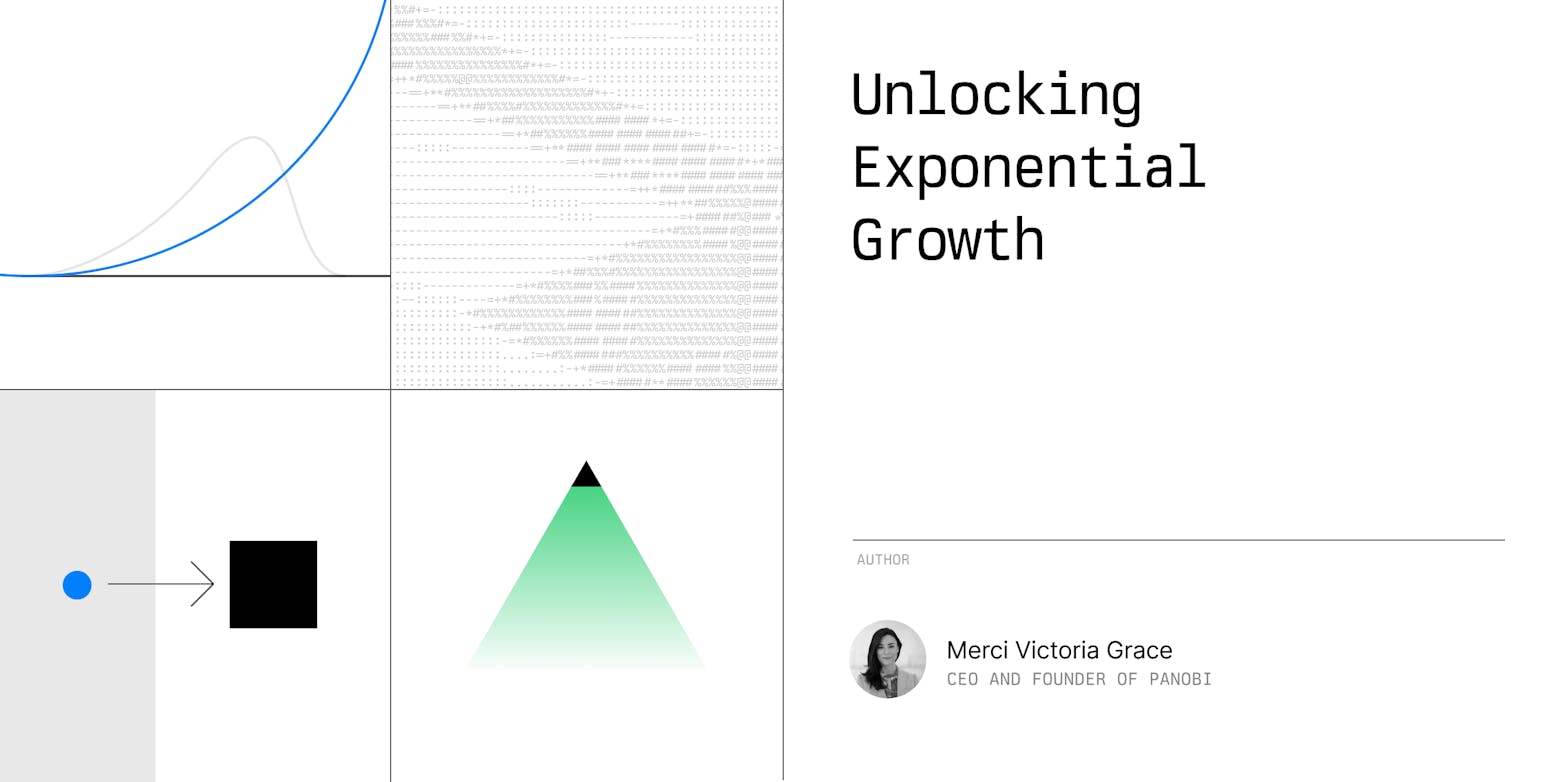Community building is a cornerstone for any successful modern company. It not only creates a loyal user base but also drives organic growth and fosters a sense of belonging among users. In the world where products and services can often feel impersonal, a strong community can differentiate a brand and provide a competitive edge.
As someone who spent nearly five years at Notion as Head of Community, I had the unique opportunity to help build and nurture a global community from the ground up. In that period, Notion’s user base grew from 1 million in 2019, to more than 30 million in 2023. And it was mostly fueled by the company's engaging and thriving community.
My Notion journey taught me invaluable lessons about the power of community, the importance of user engagement, and the strategies that can turn casual users into passionate advocates. In this article, I’ll share my experiences, the strategies that worked, the challenges we faced, and practical advice for developers and startups looking to build their own communities.
TL;DR
Notion’s initiatives that provide support to the users fostered strong organic community growth but ROI of community building is still hard to track short-term.
Some metrics, such as engagement, participation, and geographic expansion can still be tracked and used as indicator of success.
Engagement, automation, use of tools, and hiring the right community builders are key to building a thriving community.
My Journey to Notion
Before joining Notion, I worked at a startup called Spoke and founded a company in the mapping space. These experiences shaped my approach to community building and provided me with a solid foundation in startup dynamics. I discovered Notion on Product Hunt and quickly became an advocate, creating a website called Notion Pages where users could share their Notion setups. This project gained significant traction and soon I had tens of thousands of visits per month.
The success of my website caught the attention of Notion’s team and we started exchanging emails, and that was a turning point. I reached out to Ivan, Notion’s founder, and the COO, Akshay, and met with them and some others on the team, which was really small at the time. My enthusiasm and vision for the product led to a role focused on community building, where I could channel my energy into growing Notion’s user base and engagement.
Creating and Growing the Notion Community
I started building various elements of a bottoms-up approach that I believe has significantly contributed to Notion's incredible growth over the years. The key component was the organic growth fueled by the passion and shared values of people worldwide who loved Notion. Our goal was to bring these people together, make them feel like they were part of Notion, and let them lead the way in community organizing—with our support, of course.
One of the first initiatives I worked on was the template gallery, which allowed users to share and discover new ways to use Notion. This project laid the foundation for our community by showcasing user-generated content and encouraging collaboration.
The ambassador program was another significant milestone. We identified passionate users worldwide, connected them with the Notion team, and supported them in organizing meetups, creating content, and engaging with their local communities. This strategy was vital in expanding Notion’s reach; our ambassadors held meetups from Japan to South America, helping us foster deeper connections within the community.
We provided a comprehensive guide on how to set up a Notion event, along with funds, swag, and support wherever needed. However, it’s important to note that we weren't paying people to do these things. Instead, we were building together with our user base, enabling them to distribute and teach our product, which in turn helped Notion grow.
Lessons Learned: Challenges and Rewards
One of the biggest challenges in community building is measuring success. To measure the return on investment (ROI) of our community efforts, we tracked various engagement metrics. These included:
Engagement Rates: Monitoring the activity levels within our community platforms helped us understand user involvement and interest.
Participation Levels: We measured the number of users participating in events, contributing to discussions, and creating content.
Geographic Expansion: By analyzing user growth in different regions, we identified new markets and the impact of our community initiatives.
We also recognized that some of our efforts were long-term bets. The big question is always: how do we turn community building into revenue? This uncertainty is why many companies hesitate to invest heavily in community initiatives—it’s a process that takes time, and the rewards are hard to measure with traditional metrics.
On a personal note, hearing the success stories emerging from the Notion community has been truly inspiring. Users have created popular templates, launched YouTube channels, and developed consulting businesses centered around Notion. These stories not only highlight the community's creativity and passion but also serve as powerful testimonials to the impact of our community-building efforts. By supporting these users and showcasing their achievements, we reinforced the value of our community and its role in Notion's growth.
Practical Strategies for Building a Developer Community
Building a thriving developer community involves a mix of strategic planning and hands-on engagement. Whether you're just starting out or looking to enhance your existing community efforts, here are some practical strategies that can help you create an engaged developer community.
Engagement: Creating a vibrant community requires constant engagement. While in-person events are great for building connections, virtual communities need proactive seeding and intentional efforts to keep members engaged. Having thousands of people in your Discord is great, but what is the point if nobody ever participates? You need to keep in mind the question of what the community is supposed to solve; Is it distribution? Is it education and retention? Something else? Answers to that question will help you engage with your community more easily.
Hiring for Community Roles: When hiring for community roles, look for individuals who are passionate about your product and natural connectors. Their enthusiasm and ability to build relationships will be crucial in growing your community. These are the people who bring people together, but not only in professional life.
Essential Tools and Automation: Effective community management relies on the right tools. Platforms like (of course) Notion, and Airtable are excellent for database automation and workflow management. Utilizing these tools can streamline processes and enhance your community-building efforts. You're building relationships, meeting people, going to events, connecting - there's a lot of inputs coming from all directions. So having good workflows and automation is essential.
Conclusion and Future Insights
Building a global community is a long-term investment that pays off in numerous ways, even if it’s difficult to directly measure its impact on revenue. At Notion, our community has been a crucial part of our success, driving organic growth, fostering user loyalty, and creating a network of passionate advocates. By focusing on engagement, hiring the right people, and utilizing essential tools and automation, we were able to create a vibrant and supportive community that not only benefited our users but also played a significant role in our expansion and user retention.
The strategies and lessons learned from my time at Notion can be applied to any developer or startup community. It's important to remember that community building is an ongoing process that requires dedication, patience, and a genuine commitment to your users. While it may be challenging to quantify the direct revenue impact, the qualitative benefits such as enhanced brand loyalty, increased user engagement, and organic word-of-mouth promotion contribute significantly to overall growth.
As you embark on your own community-building journey, keep these strategies in mind and don't be afraid to experiment and adapt to your community's needs. The rewards of a strong, engaged community are well worth the effort, providing lasting value and a competitive edge.








